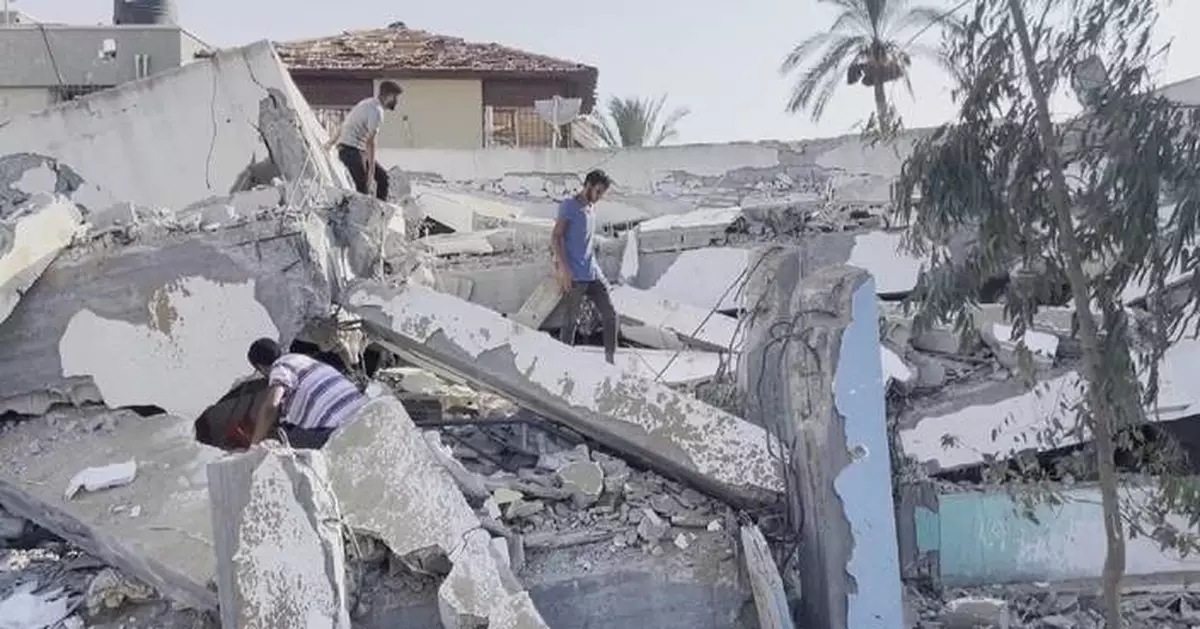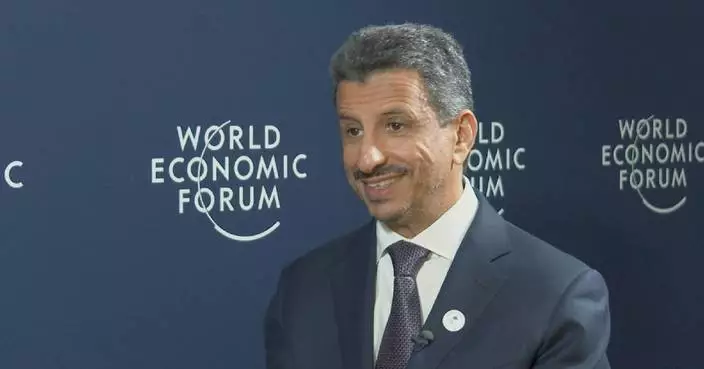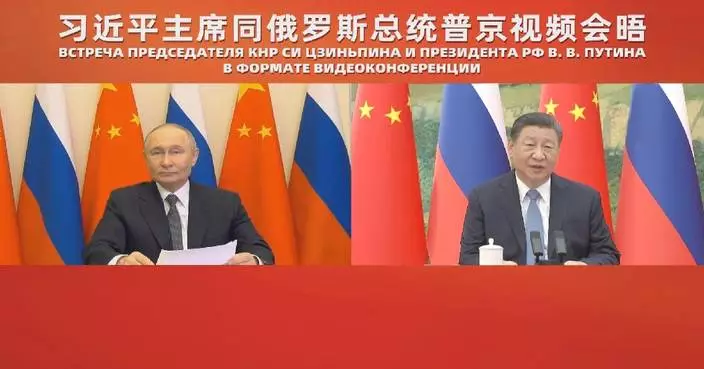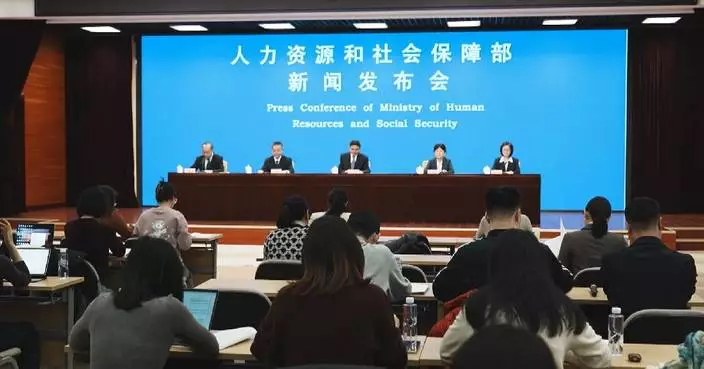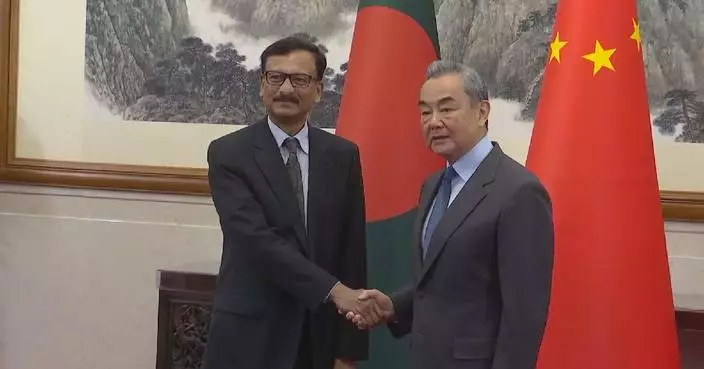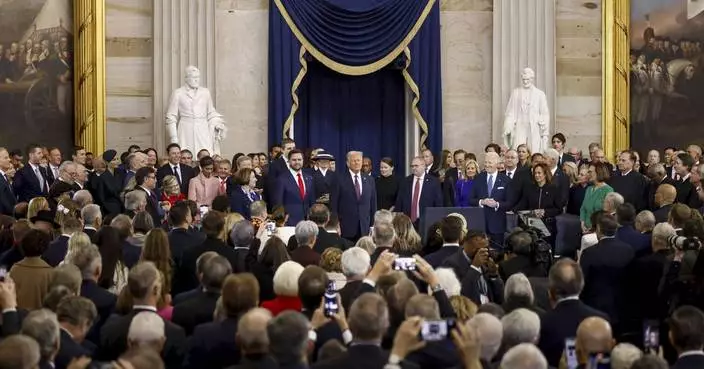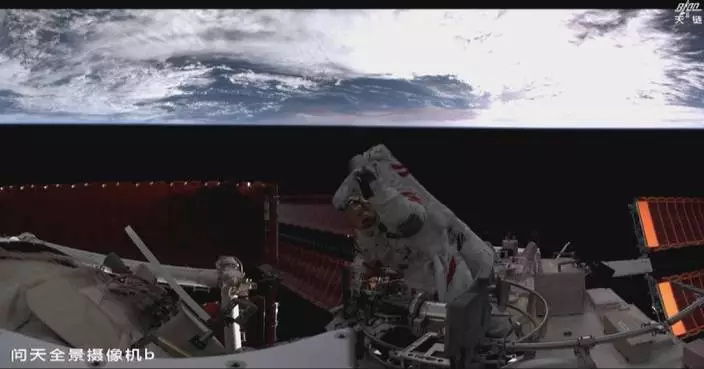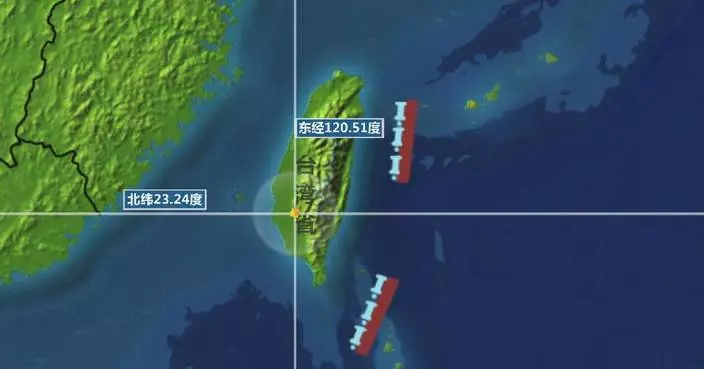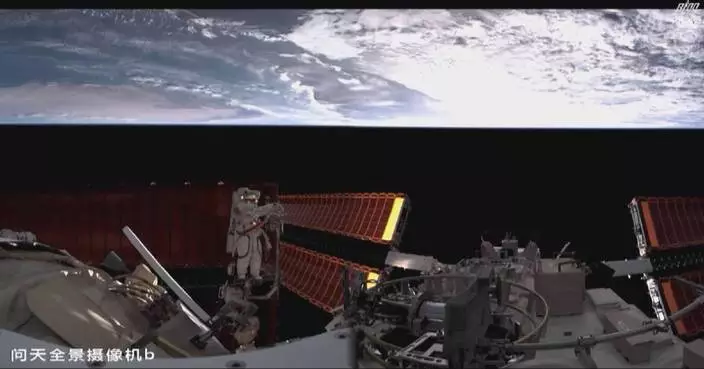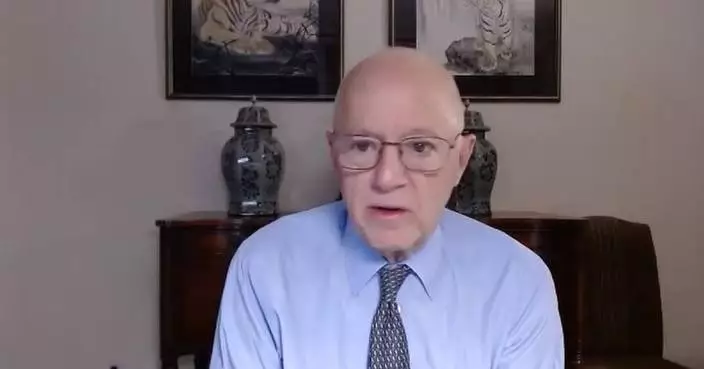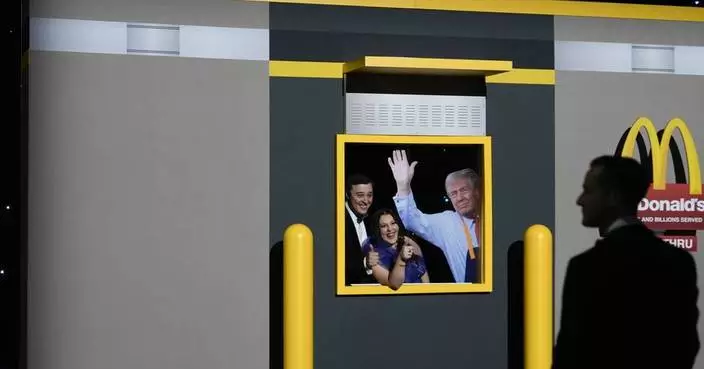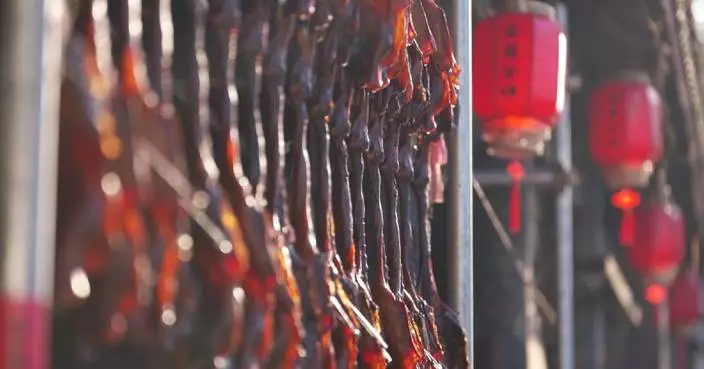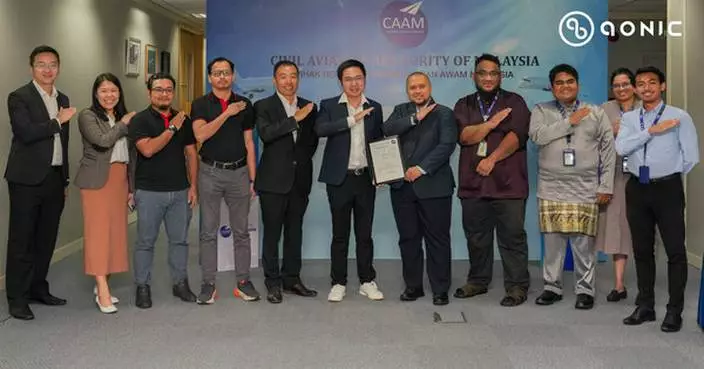Israel will send a delegation to Egypt's capital city of Cairo for ceasefire talks with Hamas in the war-ravaged Gaza Strip, according to a statement from the Israeli Prime Minister Benjamin Netanyahu's Office late Friday.
The delegation is expected to arrive in Cairo as early as this weekend, said the statement. The statement also claimed Hamas leader Yahya Sinwar as the "obstacle" to agreement.
Senior Hamas official Sami Abu Zuhri responded to the statement, saying Israel does not want to stop the war and is covering up its crimes with "empty statements."
Israel launched a large-scale offensive in Gaza to retaliate against a Hamas rampage through the southern Israeli border on Oct. 7, 2023, during which about 1,200 people were killed and more than 200 were taken hostage. Since then, 39,480 Palestinian people including innocent women and children have been killed and 91,128 others have been injured as a result of relentless Israeli bombardments in the Gaza Strip.
The prospect for negotiations between Israel and Hamas has been further dampened since the assassination of Hamas Politburo Chief Ismail Haniyeh in the Iranian capital city of Tehran earlier this week.
Haniyeh, who had been invited to attend the swearing-in ceremony of Iran's new President Masoud Pezeshkian on Tuesday, was killed along with his bodyguard early Wednesday when their residence in Tehran was hit in an airstrike, according to Iran's Islamic Revolution Guards Corps, which said Israel had carried out the attack and vowed "a harsh and painful response." Israel has neither denied nor confirmed its involvement.
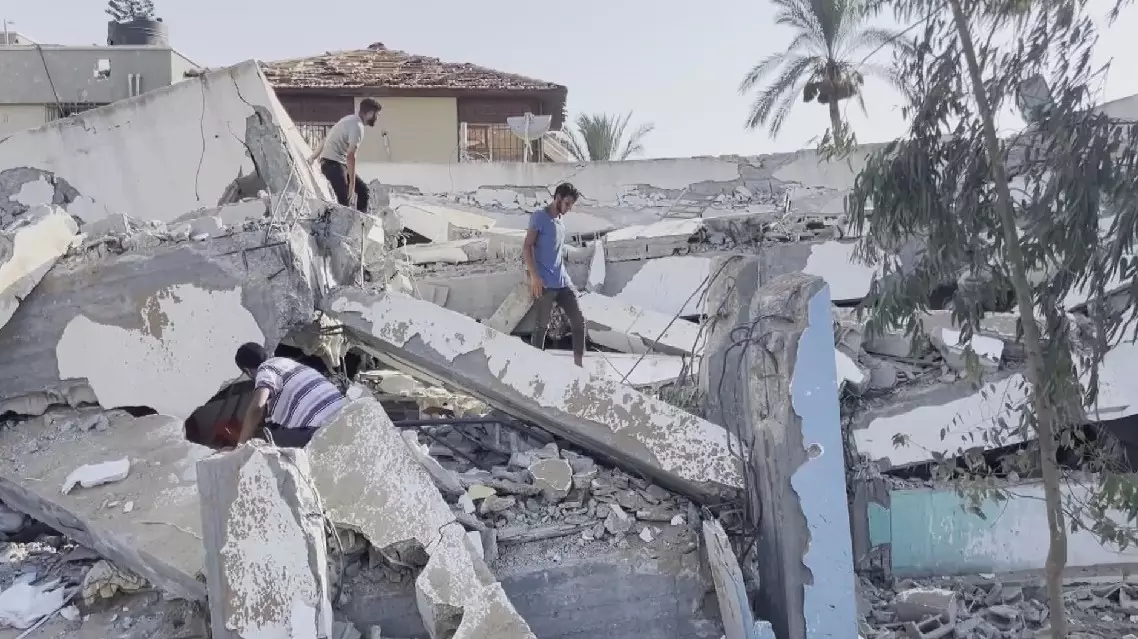
Israel says to send delegation to Cairo for ceasefire talks with Hamas
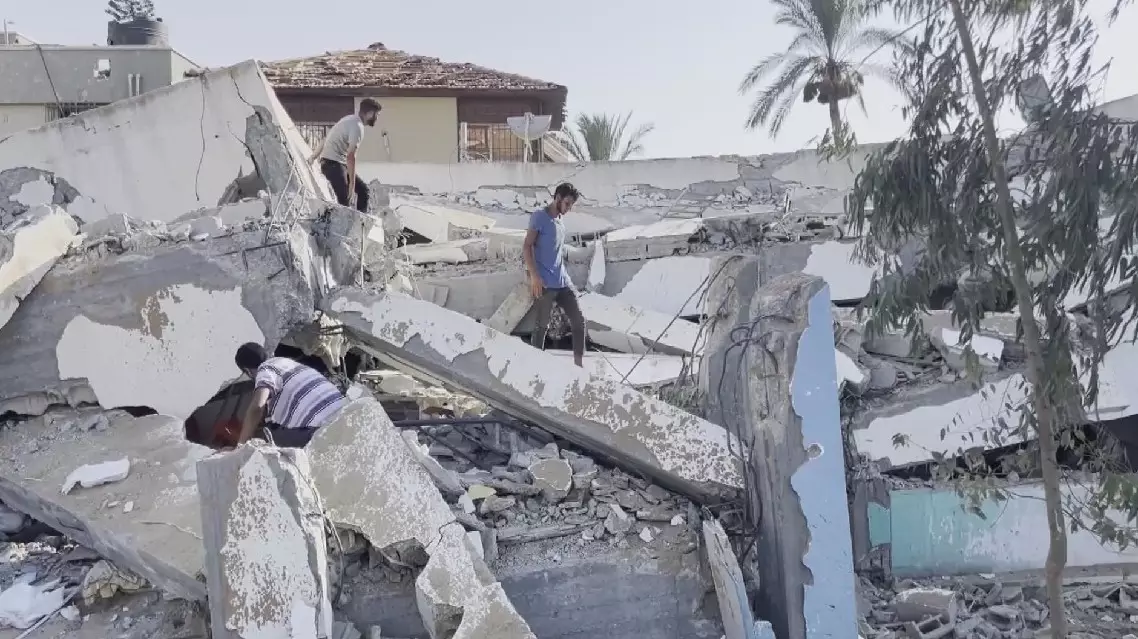
Israel says to send delegation to Cairo for ceasefire talks with Hamas
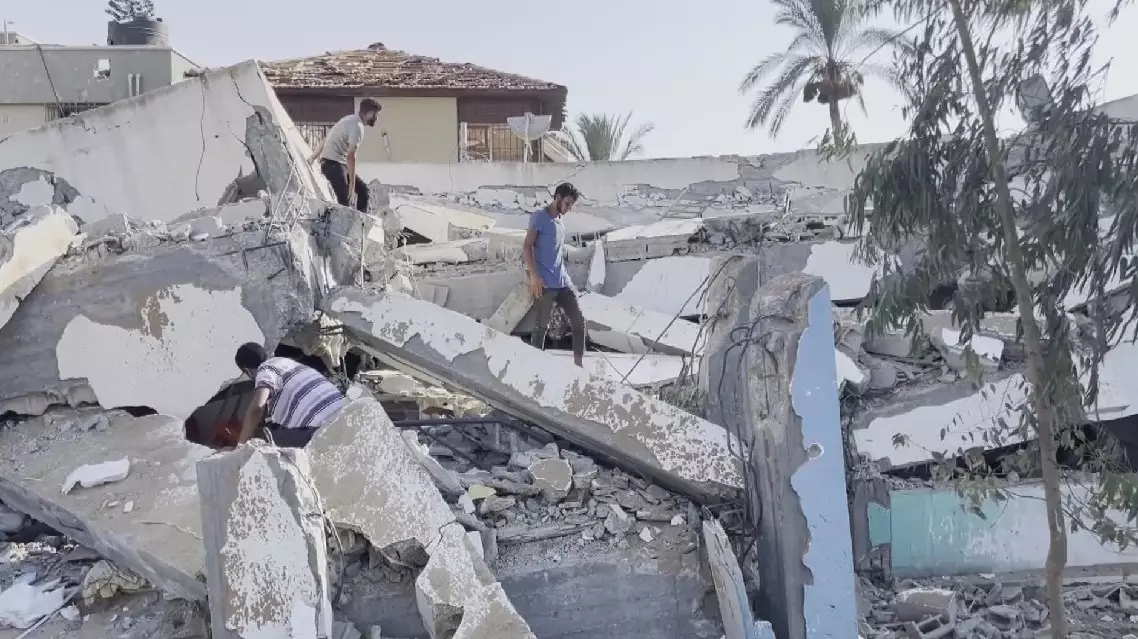
Israel says to send delegation to Cairo for ceasefire talks with Hamas
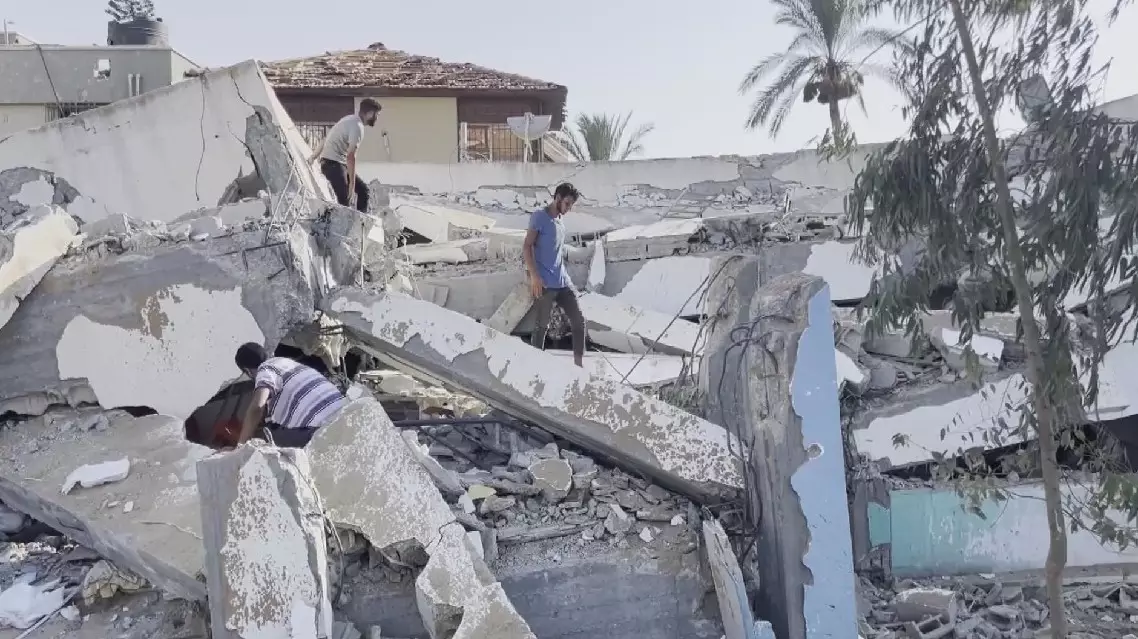
Israel says to send delegation to Cairo for ceasefire talks with Hamas
People in Panama City have firmly dismissed U.S. President Donald Trump's threat to retake the Panama Canal, calling his claims "nonsense" and saying such a move even risks world peace.
After his presidential election win in November, Trump has made a series of expansionist remarks, including stating his plans to make Canada a U.S. state, rename the Gulf of Mexico, and gain control of the Panama Canal and Greenland.
Last month, Trump accused Panama of treating the U.S. in a "very unfair and injudicious way," and has refused to rule out using military means or taking economic action in his pursuit of the Panama Canal.
At the start of this year, Panama celebrated the 25th anniversary of the handover of the canal, which had been under the control of the United States for nearly a century until the end of 1999.
During his inauguration speech shortly after taking the oath of office on Monday, Trump claimed Panama had 'violated' the treaty and said the U.S. would be "taking it back." In response, Panamanian President Jose Raul Mulino rejected Trump's position and said there is no presence of any nation in the world that interferes with the administration of Panama.
Many residents in Panama see the canal as a symbol of national pride and consider it a crucial driver of the country's economy.
Milena Marin, a local resident, criticized Trump's remarks and called on countries across Central America to stand together to protect their own interests from U.S. infringement.
"First of all, the Panama Canal belongs to the Panamanians, and we are doing an excellent job managing it. Since we took over its administration, we have been doing very well. Those (Trump's statements) are words of attack. We have to take care of our canal. It has a negative impact since [Trump's remarks] affect both the environment for us Panamanians but also the image of the country. We have been doing a great job with the management of the canal. These statements definitely affect world peace. They bring such negativity around Panama. [We need] more meetings and dialogue with Central American countries, because the more united we are, the stronger and less vulnerable we will be. And I think that the union between the countries of Central America could be a great solution," said Marin.
Meanwhile, Luis Gomez, a local photographer, said Trump's statements are lacking in reason, and said the issue should be resolved peacefully, citing the huge military disparities between the two sides.
"The president's statements do not make sense and seem a bit illogical, since Panama is such a small country that we don't even have a [traditional] military. We have no chance of being able to confront [the U.S.] because they are a powerful country. We cannot compare ourselves to a country of such size. The impact would be overwhelming for us. The canal is important not only for Panama but also for the whole world because it allows ships and goods from all over the world to pass through smoothly," said Gomez.
The Panama Canal, which started operation in 1914, serves as an important international waterway that links the Pacific and the Atlantic. It was taken over by the Panamanian government in 1999 following the terms set out in the Torrijos-Carter Treaties, which were signed back in 1977 by Panama's General Omar Torrijos and then U.S. President Jimmy Carter, ending 85 years of the colonial enclave known as the Panama Canal Zone.
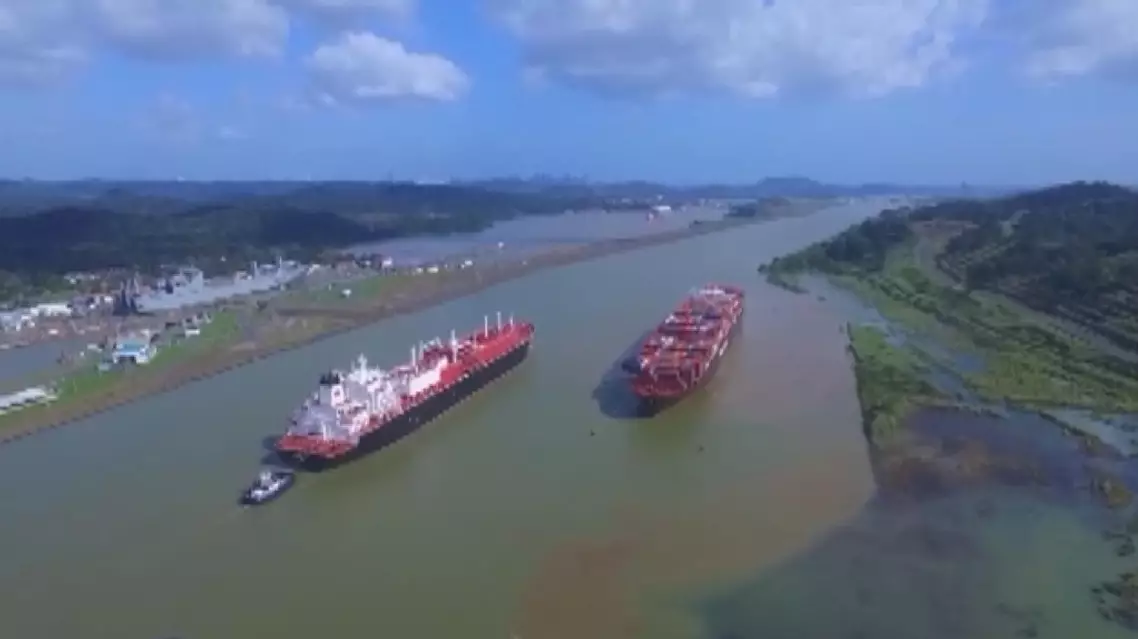
Panamanian residents dismiss Trump's claims of retaking Panama Canal






